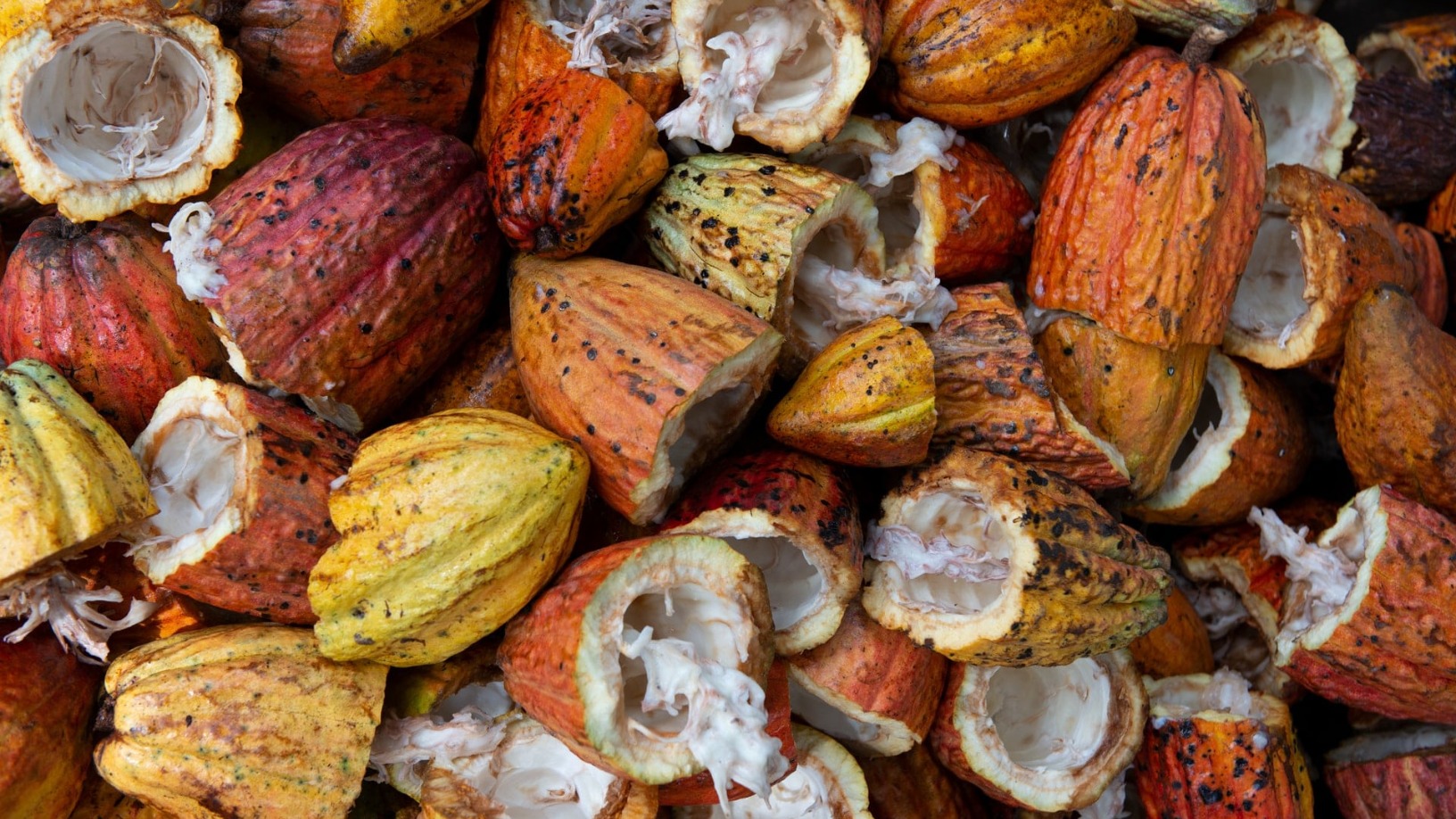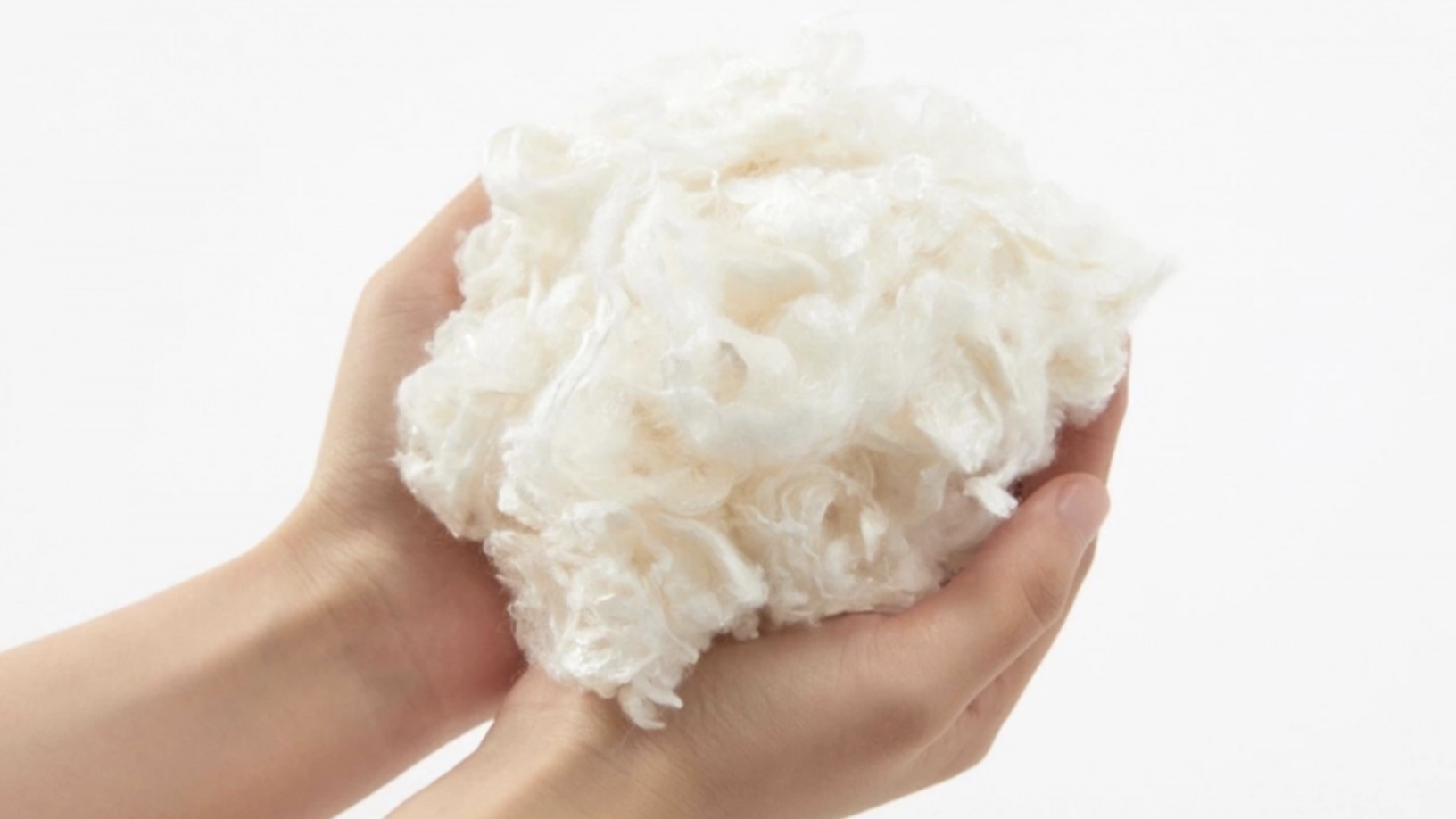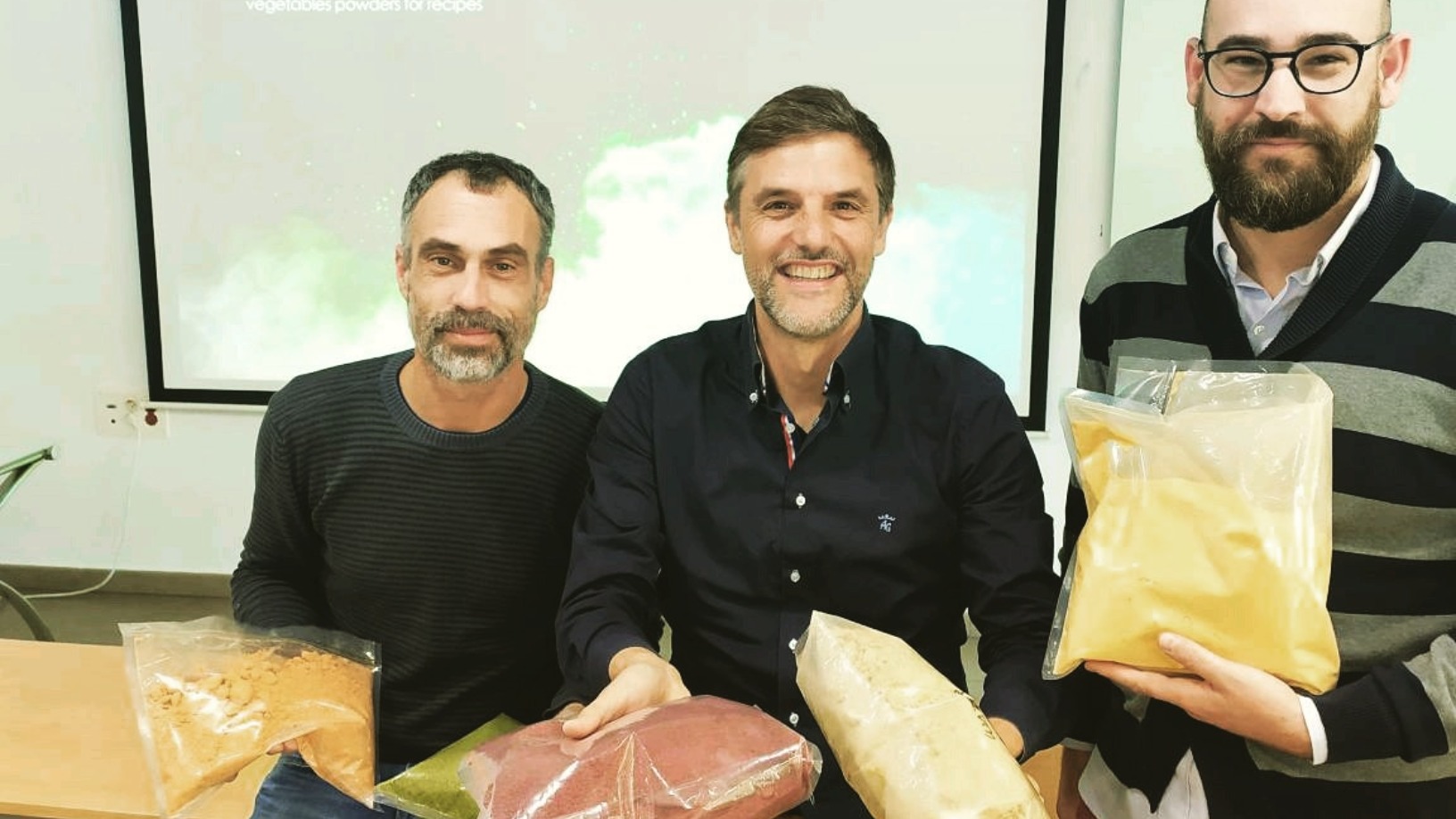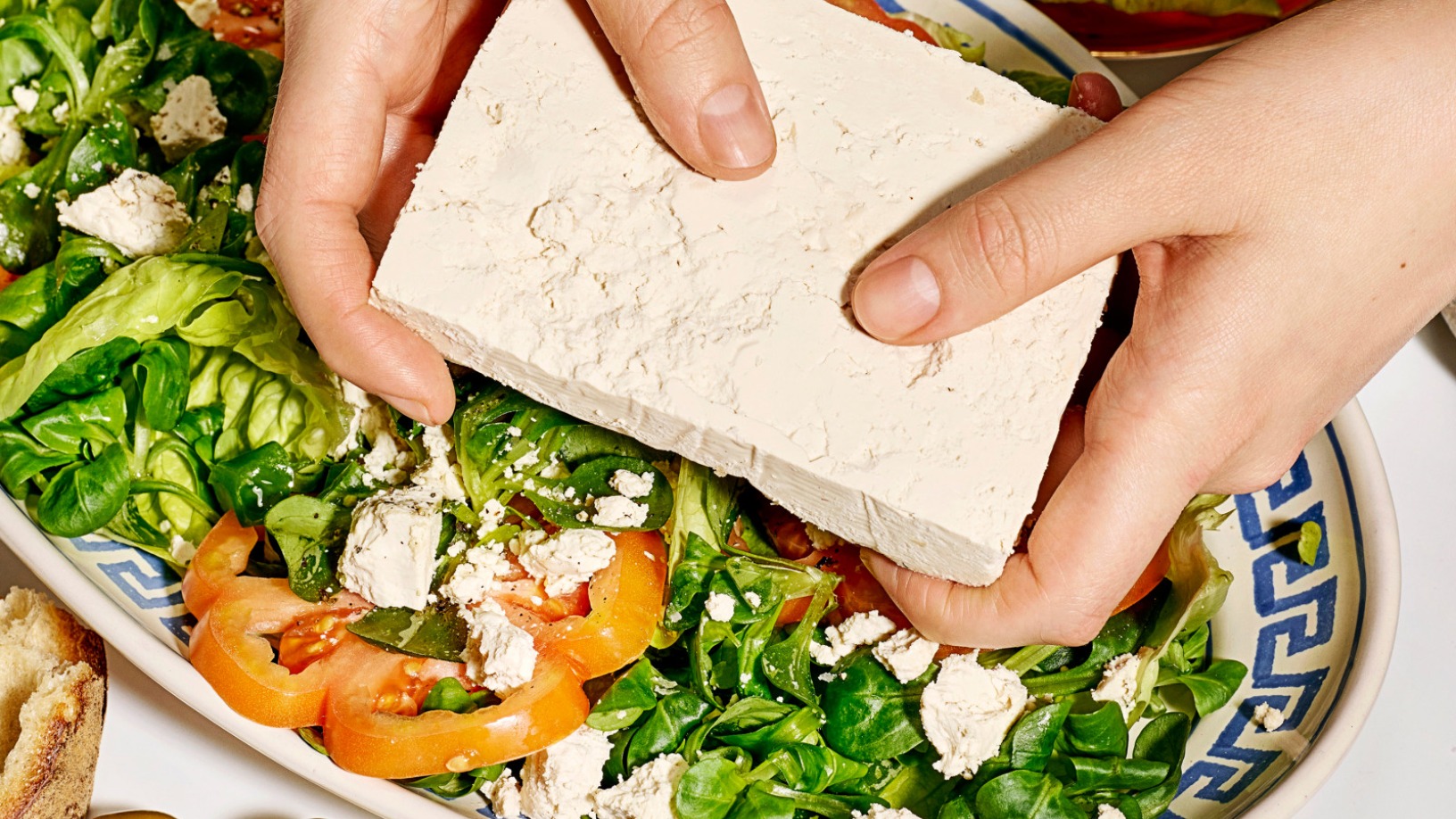In their quest for guilt-free chocolate, a brother-and-sister team is using precision fermentation on food processing byproducts to create vegan, gluten- and dairy-free chocolates using only natural ingredients. Their company, QOA, has long-term plans to create cheaper substitutes for cocoa-based products across the global food supply chain.
Backed by Y Combinator and the technical and scientific support of the German Federal Ministry of Food and Agriculture (BMEL), Zurich University of Applied Sciences (ZHAW) and the Bavarian state government’s Bayern Innovativ, the biotech firm has managed to reproduce the organoleptic properties of conventional cocoa-based chocolate. Although not yet commercially available, QOA’s chocolates have been systematically tested and refined through collaborations with scientists and chocolate experts.
By offering the same delicate smooth melting sensations of cocoa butter, QOA aims to make chocolate indulgence a truly enjoyable experience; without any guilt associated with unethical and unsustainable practices affecting the $125bn of cocoa harvesting and production.
This month, QOA also raised $6m in a seed funding round led by Cherry Ventures, with participation by Fifty Years, World Fund, Nucleus Capital, Trellis Road, Pioneer Fund and Tet Ventures.
In an earlier interview with CompassList, CEO and co-founder Maximilian Marquart detailed how QOA has rapidly evolved and improved its technology and processes since its launch only this year. The foodtech aims to bring to market the world’s first cocoa-free chocolate by 2023.
The following Q&A has been edited for length and clarity.
You use precision fermentation and byproducts from food production to reproduce the composition of real chocolate. How have you managed to find that optimal mix?
The chocolate market is huge and it's one of the biggest commodities on this planet. There are 5m tons of cocoa being harvested and produced for the chocolate market every year. When Sara [Marquart, QOA’s CTO and co-founder] and I started the company, we immediately recognized that if we wanted to substitute cocoa, we’d need to substitute a decent chunk of it, in order to make a difference. We realized from the very beginning that we need to have a reliable stream of byproducts in order to substitute this big chunk.
That's why we needed a technology that would allow us to build up the flavor of chocolate based on several byproducts; otherwise, it wouldn't work. If we start by using only one byproduct, we’d always end up with market issues.
E.g., we’d have to buy the whole amount available on the planet, and that would increase dramatically its price; which would be a disaster for us. We needed a process that can replicate chocolate flavors based on different input materials.
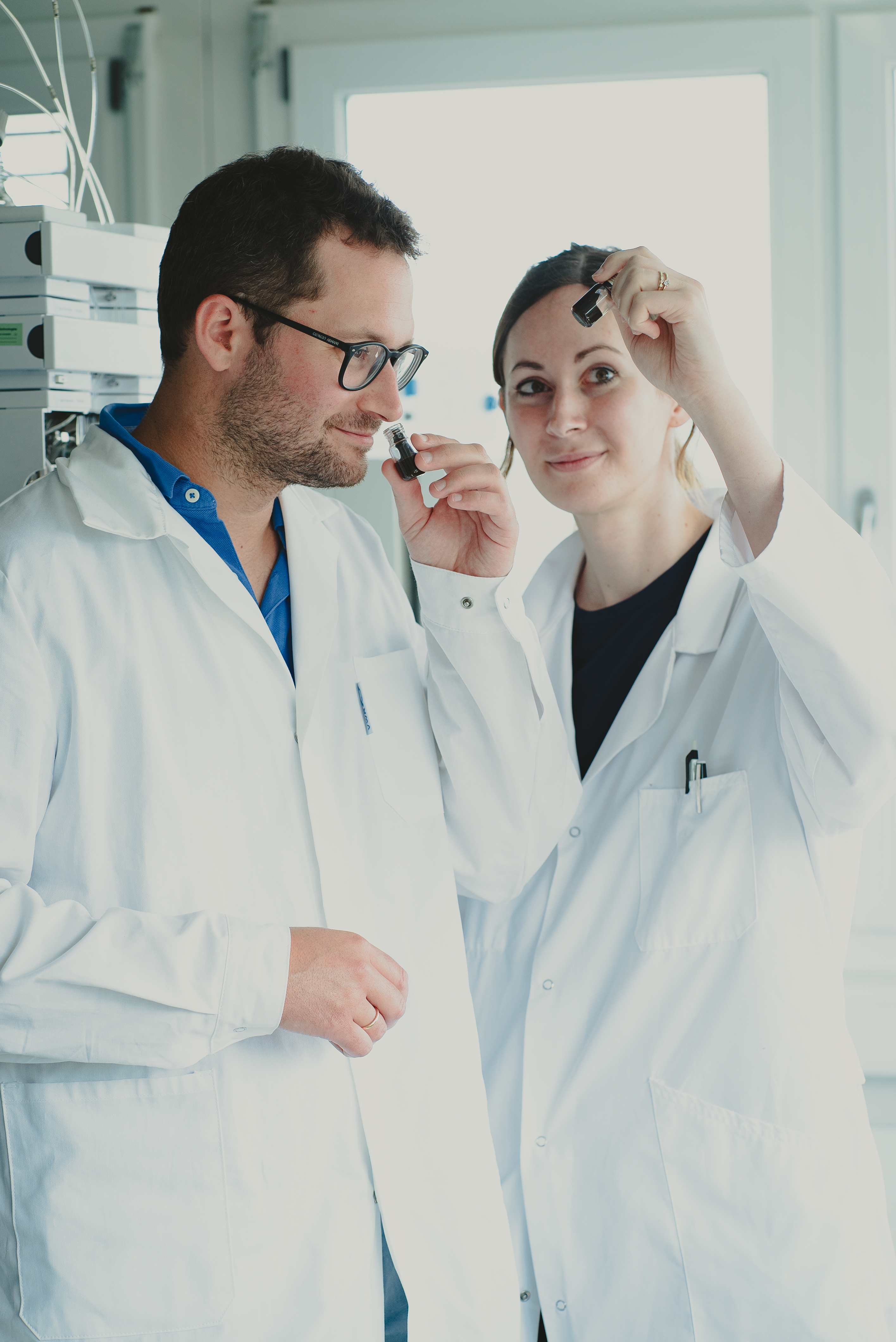
Sara was in this domain for over 10 years. She was working a lot on the Maillard reaction in chemistry, named after the French chemist, Louis-Camille Maillard, explaining how flavors are formed. In the Maillard reaction, you have heat and a little water activity. Due to the heat, certain aroma components are formed and being decomposed again, creating new aroma components.
In her research, Sara was able to replicate how that reaction is taking place, enabling us to follow the specific reactions that lead to a certain aroma component. With that technology, we were able to use a lot of sidestream ingredients and iterate very quickly, manipulating these ingredients into the fermentation process in order to get it right.
We do quantitative design of experiments (DOE): it's always a combination of human and machine sensory lab-based experiments, and our experiences. We aren’t using any AI yet.
You are currently manufacturing 10kg worth of chocolate daily. Where is your production lab? Are you relying on the support of universities or research centers?
We're building up our lab in Munich, which will be ready in a few weeks. It will be huge, 1,000 sq meters, with enough capacity for every scientist who will join our company.
I'm convinced that, as a startup, we need to have our own lab to allow us to move faster; it's also more interesting and attractive for scientists to join us. Meanwhile, as the lab is not finished yet, we are using the facilities at Zurich University of Applied Sciences (ZHAW).
Is the lab-grown chocolate currently being tested at ZHAW?
Yes, and it's a very interesting approach, yet completely different and sort of complementary. I'm curious to see what the price-point of cell-cultured cocoa will be, probably something with a higher price. Our aim is to substitute mass-market products at a price point that is competitive or even better than conventional chocolate.
What are the main ingredients? Where do you source them?
We're using 100% natural ingredients. All are sustainably sourced locally from byproducts of the food industry. We're using a mixture of several ingredients from several byproducts. We're still working on the final recipe. Some examples are byproducts for cold-pressed oils: what remains can be reutilized since it's very protein-rich.
We use also byproducts in oatmeal production, these are very interesting for us. The processes we undertake are pretty much similar to those used in chocolate production: fermentation, roasting, milling, then conching.
As a startup, we need to have our own lab to move faster; it's also more interesting and attractive for scientists to join us
Is it GMO-free as well?
At the moment, it's GMO-free. We're also looking into certain ways of improving yields in the future. We want to have a product that is natural, GMO-free, vegan and sugar-reduced. This way, it’s better for the planet and also for our health.
So, you are creating the first 100% cocoa-free chocolate on the market. Can you legally name it “chocolate”?
No. I thought it's just easier for people to build the bridge in their minds, but for sure it's not chocolate. It's something that tastes and feels as delicious as chocolate, but may not be called chocolate.
When you will be launching officially in the market? What is your business model?
We will bring our product to market by the middle of next year. It’s going to be labeled QOA and it is important for us that people will perceive it as something very novel, and they want to indulge in the experience.
We are an impact-proven company, we want to change the way chocolate is made. Cocoa has a huge impact on the environment – we're talking about 100 megatons of CO2 being produced through deforestation. We want to stop that, and we can do it only by collaborating with the big players in the industry.
In the long term, we are looking to become an ingredient supplier to these big companies, and I think we're already there. We did a tasting with chocolate experts: we reproduced a conventional chocolate bar available at retailers and they couldn't tell which one was ours, and which was the conventional one.

Which type of chocolate are you mimicking? Is it pure dark or milk chocolate? How many varieties are you looking to replicate?
We have white, milk and dark chocolates. I would say the milk chocolate is the most advanced one. I think we're not there yet to truly replicate complex dark chocolate. However, our main target is the milk one. There are so many milk chocolate eaters out there that I believe it will be a big game for us to perfectly replicate milk chocolate.
You also conducted different tastings with customers – the first test scored 4.9 out of 10; the second one was very successful, scoring 8.1. How did you achieve that?
We improved it in two ways. We changed the recipe. Also the process changed, so the technology evolved. We have also onboarded a professional chocolatier, a German lady who won the European Championship for chocolate-making. In the beginning, she was very skeptical but we convinced her to collaborate. She helped us to print out the product in a better way because tastes relate to the thickness of the coatings, how fine or granular it is, and how it melts.
This has a significant impact on the way chocolate is made; we didn't know how to do it, as neither Sara nor I are chocolate experts.
Cocoa has a huge impact on the environment – about 100 megatons of CO2 produced through deforestation
Were these tests done with the Supermassive Test Kit that has been widely covered in the press? Are you monetizing it?
When we had this 8.1 nailed, we started to make the Supermassive Test Kit. We would sell it but we are still missing FDA’s approval. We are working on that, and in parallel, we are sending it out for free; although people have to apply for it. Once we get the approval, we will start selling the product, but it won’t be the Supermassive Test Kit; that’s just a showcase.
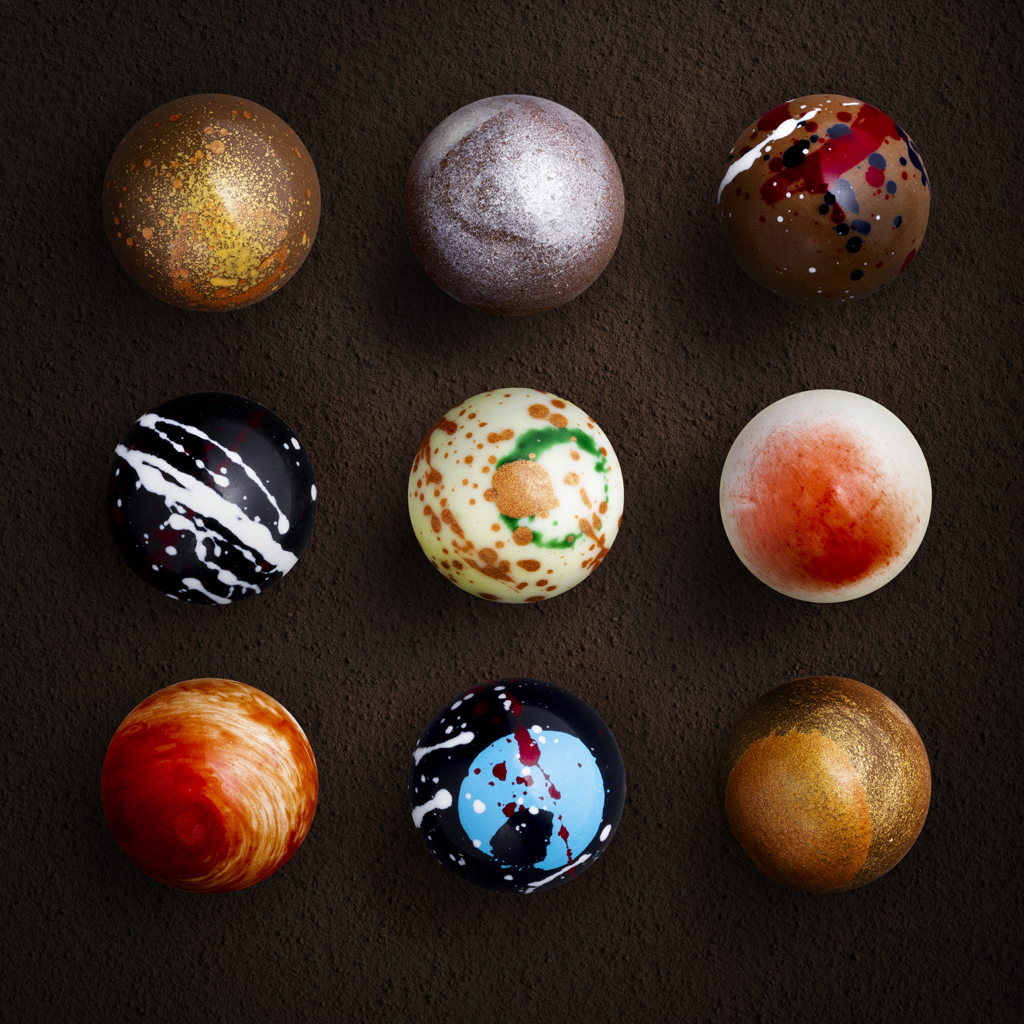
Have you started already pilots with clients? When will you start monetizing?
We are in very advanced discussions with four companies and I would expect some pilots soon. Some companies are early adopters, while others are more skeptical. Up to now, we are quite satisfied with the overall market acceptance.
We will start monetizing it from next year, or at least a part of it. It won't be big revenues but we will surely start to get the first traction. We are aiming for big contracts by 2023, when we will really be able to serve a certain demand.
Right now, you're producing a solid chocolate bar. What will be the ideal format in the future, especially when targeting FMCG clients?
We are looking to build our first powder line, a cocoa powder line, in 2023. The solid format will be our main product that will be sold in big bags, or something similar, to be melted for the production process. QOA can be processed in a similar way to normal chocolate, there's no need to change the production equipment.
Talking about CAPEX in financial investments, our clients won't have to do significant investments as they can just switch easily, removing the conventional chocolate and replacing it with ours.
Your business model is based on sales volume. Are you looking to license the technology?
In certain markets like Asia, we might license the technology; whereas in others, it will be the material itself. I think for the first years, we will always focus on delivering the material. Currently, our main KPI is how many tons of chocolate we are selling.
What has been your financial backing to date? Are you looking to raise new capital in the near term?
In June, we closed a pre-seed round with angel investors. We are now closing a seed round but I can't disclose the amount now.
What milestones are you looking to achieve by end of this year and the next?
Building up the lab, then hiring. We are currently eight people and we want to expand the team to 15–17. We're looking for bioprocess engineers, biotechnologists, food technologists and food chemists. We are also preparing for big-scale production, which will happen in the middle of next year.
This article has been updated to include information about QOA’s seed funding.
